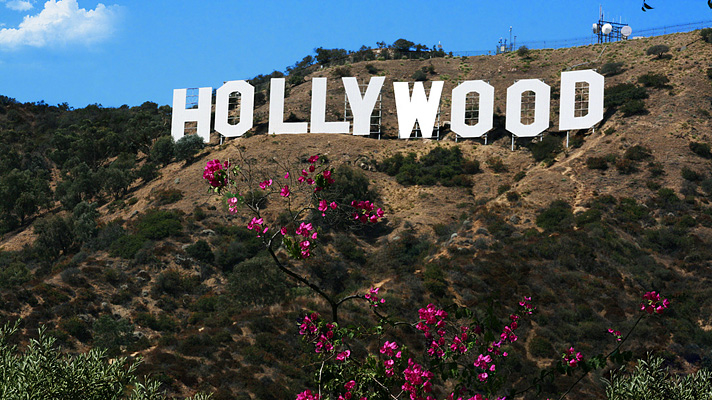
Last year, things literally could not have been worse for the movie industry. A once-in-a-generation pandemic had shut down the world. Every industry was affected, but few were hit harder than the movie industry. Suddenly, an industry that relies on people actually getting out of their houses and gathering in enclosed spaces was no longer viable. I personally wondered whether the industry would ever recover.
Then, as the world endured, the industry attempted to adapt. This led to Warner Brother’s landmark decision to release some of their biggest movies on their streaming platform, HBO Max, on the same date as their theatrical release. At the same time, Disney was releasing some of its biggest movies on Disney+, albeit for an extra fee.
I believed, for a time, that this could fundamentally change the industry for good, even after the pandemic was over. I even shared my experience in how this affected my own movie watching habits. I won’t deny that I’ve gotten a lot more out of my HBO Max service, knowing I can watch new movies the day they come out. I did it with both “Space Jam 2” and “The Suicide Squad.”
However, it now seems that this new experience that I’ve been enjoying is about to come to an end. According to The Hollywood Reporter, Warner Brothers is going back to a more traditional model, having its movies come out in theaters first for a 45-day window before going to a streaming service.
THR: Warner Bros., AMC Strike 45-Day Exclusive Theatrical Window Deal for 2022
In a new deal with mega-cinema chain AMC Theatres, Warner Bros. has agreed to return to an exclusive, 45-day theatrical window in 2022.
AMC CEO Adam Aron unveiled the pact Monday during an earnings call. “We’re especially pleased Warner Bros. has decided to move away from day-and-date,” Aron said. “We are in active dialogue with every major studio.”
WarnerMedia enraged cinema operators when deciding to open its 2021 slate simultaneously on HBO Max and in theaters. The company has since said that the move was in response to the ongoing pandemic, and not permanent. Insiders add that the AMC arrangement was agreed to in March.
For the most part, I’m not too surprised. It’s now abundantly clear that this release method has a significant impact on the box office returns of a movie. The recent release of “The Suicide Squad” is proof enough of that, despite being loved by critics and fans alike. Having seen the movie and enjoyed it immensely, I feel like it definitely deserved a bigger box office than it got.
Given how much these movies cost to produce, it’s unreasonable to expect the studios and the actors involved to be comfortable with this arrangement. Pandemic or not, this is not the same success they’re used to. If movies released simultaneously on streaming make this little at the box office, then that’s just not sustainable. Something has to give.
At the same time, a part of me wonders whether this reversion to a more traditional movie-release schedule will lead to even more change. I get why movie theaters want to go back to the old model where a movie as bad as “Transformers: Dark of the Moon” could still make a billion dollars at the global box office. I just don’t know if we’ll ever see anything like that again.
It doesn’t help that the pandemic isn’t over. In fact, it may never truly be over if things keep going badly. That means things like packed movie theaters just might never come back entirely. We may very well never see another billion-dollar movie again.
In that sense, can we still say that WB’s streaming experiment failed? We don’t yet know how much or how little movies like “Space Jam 2” and “The Suicide Squad” impacted HBO Max subscriptions. We also don’t know how much or how little these types of movies affect the movie-making process or how those involved are compensated. The fact that Scarlett Johansson is suing Disney over releasing “Black Widow” on streaming hints the current system is very flawed.
Maybe there’s a sweet spot between day-and-date releases on streaming and theatrical runs. A part of me thinks that a 45-day release window is basically not too different from the old way of doing things. Personally, I think if studios like WB want to maximize both box office and streaming, they’d make that release window a lot more narrow. That would create a scarcity that could prompt more people to go to the movies.
Perhaps that window needs to be longer to allow bigger budget movies to turn a profit. Maybe a two-month window would accomplish that. I honestly don’t know. I think nobody knows at this point. The industry is just changing so much and chances are there will be more changes by the end of this year. Whether or not they’ll be good for the industry and those who work in it remains to be seen.
In the end, maybe this whole experiment will be just a first step in that change. It might not have worked as well as everyone would’ve liked, but few things ever do. It was something new and bold during a time of unprecedented upheaval. Plenty of good and bad can come out of that.
Also, I will miss turning my living room into my own personal movie theater. It was indeed nice while it lasted. However, for the good of the industry and the movies I love, I understand that the experiment was not a solution. Hopefully, more good comes out of this in the long run.











